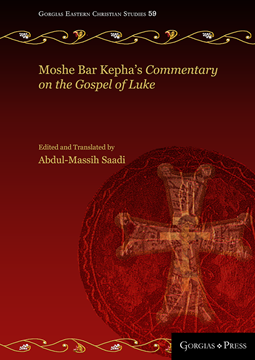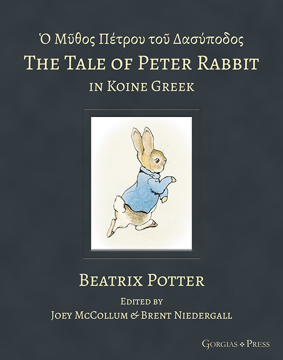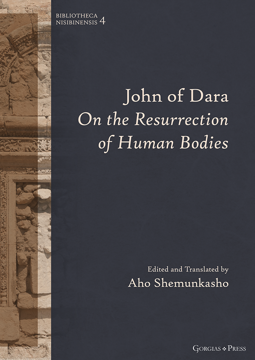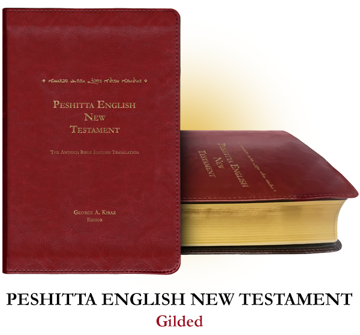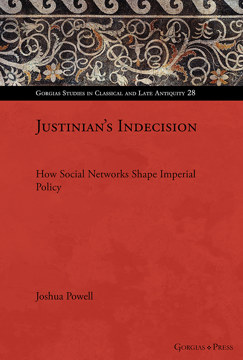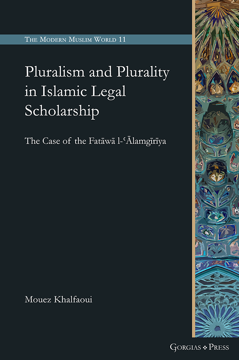Moshe Bar Kepha's Commentary on the Gospel of Luke
Edited and Translated by Abdul-Massih Saadi
Series: Gorgias Eastern Christian Studies 59
ISBN: 978-1-4632-4221-3
Moshe Bar Kepha was a prolific writer of the ninth century. His writings reflect various aspects of West Syriac theology and ecclesiology, and his literary legacy links the earlier Syriac exegetical tradition (beginning with Ephrem) with the Syriac 'Renaissance' of the eleventh to thirteenth centuries. His use of sources crosses Christian confessional boundaries in such a way that his works are tinged with aspects of Syriac exegesis from both East and West Syriac traditions. In his Commentary on Luke, the Muslim-dominated context in which Moshe lived is clearly evident in the background, and his aim is to fortify the credibility of the Christian faith and the validity of Christian doctrines for his readers.
$156.00 (USD)
The Tale of Peter Rabbit in Koine Greek
Edited by Joey McCollum & Brent Niedergall
Series: Gorgias Handbooks 51
ISBN: 978-1-4632-4223-7
A translation of Beatrix Potter's Tale of Peter Rabbit in Koine Greek, using only vocabulary found in the Greek New Testament and Septuagint (including the Apocrypha), and illustrated with Potter's original drawings.
$23.00 (USD)
John of Dara On the Resurrection of Human Bodies
Edited and Translated by Aho Shemunkasho
Series: Bibliotheca Nisibinensis 4
ISBN: 978-1-4632-4225-1
An edition and translation of the four treatises of John of Dara (d. 860) On the Resurrection of Human Bodies.
$165.00 (USD)
Peshitta English New Testament (Gilded)
The Antioch Bible English Translation
General Editor George Anton Kiraz; Translated by Jeff W. Childers, J. Edward Walters, Daniel King & Robert A. Kitchen
ISBN: 978-1-4632-4217-6
After the success of the Antioch Bible, this publication is a new translation of the Peshitta English New Testament in a single volume. The English translations of the New Testament Syriac Peshitta were carried out by an international team of scholars.
From $40.00 (USD)
Justinian's Indecision
How Social Networks Shaped Imperial Policy
ISBN: 978-1-4632-4227-5
Since the time of Eduard Schwartz, scholars have tended to treat ecclesiastical policy under the influence of Justinian as inconsistent and even capricious. This book argues that such an image of Justinian, although seeming to provide a coherent narrative concerning the emperor’s character, falls apart when the details are scrutinized.
$120.00 (USD)
Pluralism and Plurality in Islamic Legal Scholarship
The Case of the Fatāwā l-ʿĀlamgīrīya
Series: Gorgias's Modern Muslim World 11
ISBN: 978-1-4632-4231-2
This book presents the positions held by ḥanafite Muslim jurists in South Asia in the 17th century with regard to the coexistence of Muslims and non-Muslims, and, secondly, compares the opinions put forth by these South Asian jurists with those maintained by their counterparts in Central Asia and the Middle East.
$114.95 (USD)
